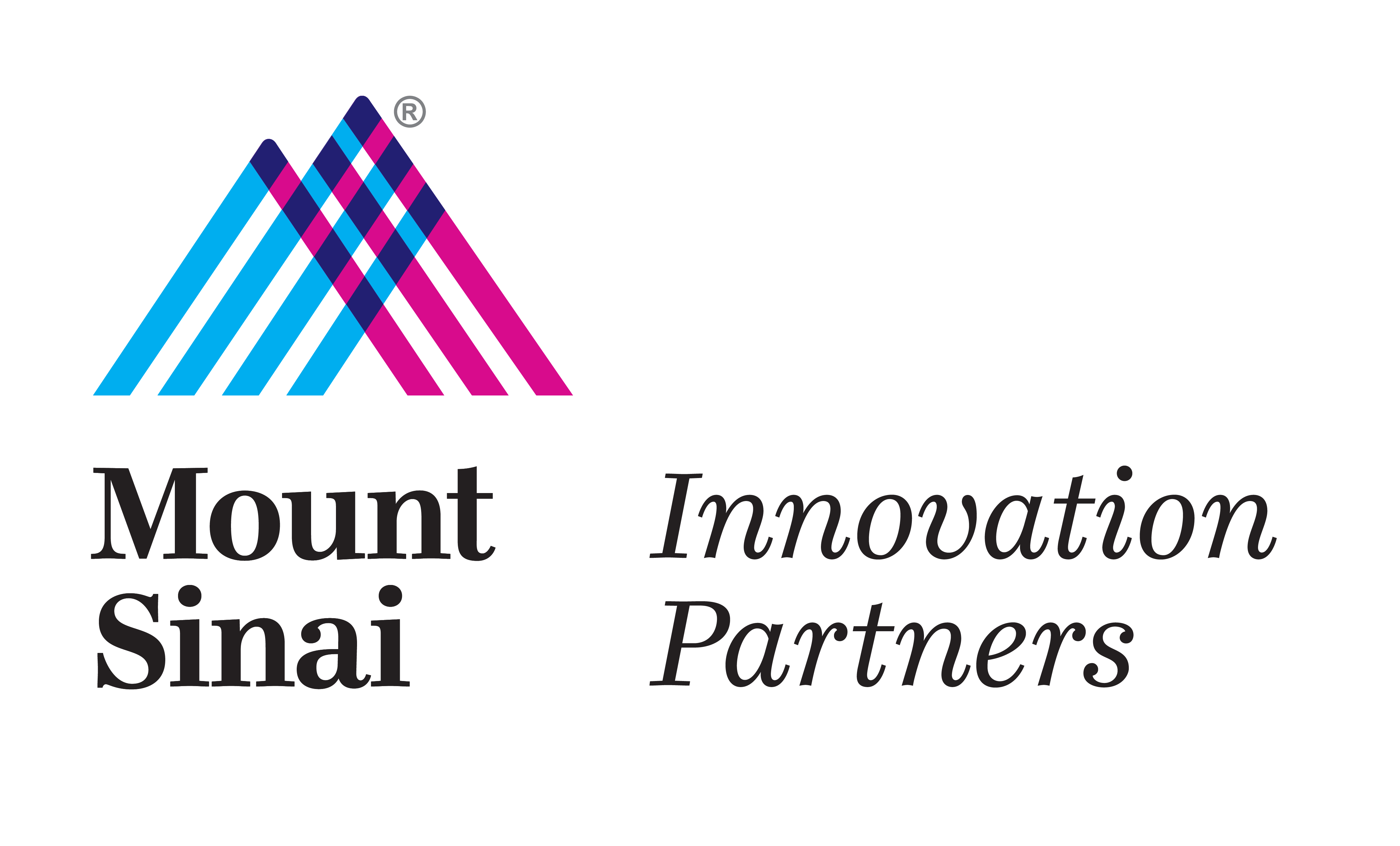Mount Sinai Genetic Testing Laboratory Launches More Accurate Carrier Screening Test for Spinal Muscular Atrophy
February 11, 2014February 11, 2014 – The Icahn School of Medicine at Mount Sinai today announced the launch of a more accurate carrier screening test for spinal muscular atrophy (SMA), one of the most common and severe autosomal recessive disorders. This new test will help prospective parents more effectively identify whether they carry the mutation that will affect their offspring. The test screens for genetic variation discovered by Mount Sinai researchers, which has been demonstrated to identify silent carriers of SMA in certain populations with higher accuracy and offers more accurate risk estimates than existing tests in all ethnic groups tested. Mount Sinai will be licensing the new test to other clinical laboratories to facilitate access to more accurate SMA carrier screening for as many people as possible.
SMA is an autosomal recessive disease that affects about 1 in 10,000 people and is one of the most deadly genetic diseases among infants and toddlers. It is transmitted by carrier parents who have no symptoms themselves; as many as 1 in 35 people may carry an SMN1 gene mutation, which is the gene that is defective in SMA. The disease kills nerve cells in the spinal cord, causing progressive degeneration among patients and diminishing capacity for walking, breathing, and swallowing. Severe forms of SMA are fatal, and there is currently no cure for the disease.
Scientists at the Mount Sinai Genetic Testing Laboratory recently used next-generation DNA sequencing to discover a new SMN1 genetic pattern that more accurately predicts the risk of having children with this disease. Current SMA carrier screening tests may result in false negative results due to their inability to detect silent carriers with two copies of the SMN1 gene on one chromosome and no copies on the other. The Mount Sinai Genetic Testing Laboratory’s patent-pending enhanced SMA test identifies a novel haplotype that successfully distinguishes those duplicated genes. This work, which was conducted by Mount Sinai scientists and published in Genetics in Medicine in June 2013, significantly improves detection rates in the Ashkenazi Jewish population and improves risk estimates after a negative carrier screen for SMA in all ethnic groups.
“People who choose to undergo carrier screening for spinal muscular atrophy do so to ensure that their future children will not suffer from this debilitating disease. It is important to provide patients with the most accurate risk estimates possible,” said Lisa Edelmann, PhD, Director of the Mount Sinai Genetic Testing Laboratory. “Launching this enhanced test based on our recent scientific findings on SMN1 will provide more meaningful answers to these prospective parents, and it can also provide new information to people who have previously been screened with existing SMA carrier tests.”
The new test will be performed by the Genetic Testing Laboratory for all patients undergoing carrier screening for SMA. In addition, Mount Sinai will actively license the test to as many third-party clinical laboratories as possible.
“This enhanced SMA carrier screening test shows the tremendous value in Mount Sinai’s approach to translational research,” said Robert Desnick, MD, PhD, Dean for Genetics and Genomic Medicine, Professor and Chairman Emeritus of Genetics and Genomic Sciences at the Icahn School of Medicine at Mount Sinai. “What began as a basic research project to identify founder alleles for Ashkenazi Jewish SMA carriers has resulted in a test that outperforms existing screening methods and offers real clinical benefit to the hundreds of thousands of people who will be screened by Mount Sinai or any of our licensees around the world.”
About the Mount Sinai Health System
The Mount Sinai Health System is an integrated health system committed to providing distinguished care, conducting transformative research, and advancing biomedical education. Structured around seven member hospital campuses and a single medical school, the Health System has an extensive ambulatory network and a range of inpatient and outpatient services—from community-based facilities to tertiary and quaternary care.
The System includes approximately 6,600 primary and specialty care physicians, 12-minority-owned free-standing ambulatory surgery centers, over 45 ambulatory practices throughout the five boroughs of New York City, Westchester, and Long Island, as well as 31 affiliated community health centers. Physicians are affiliated with the Icahn School of Medicine at Mount Sinai, which is ranked among the top 20 medical schools both in National Institutes of Health funding and by U.S. News & World Report.
For more information, visit https://www.mountsinai.org/
Find Mount Sinai on:
Facebook: https://www.facebook.com/mountsinainyc
Twitter: @mountsinainyc
YouTube: https://www.youtube.com/mountsinainy

